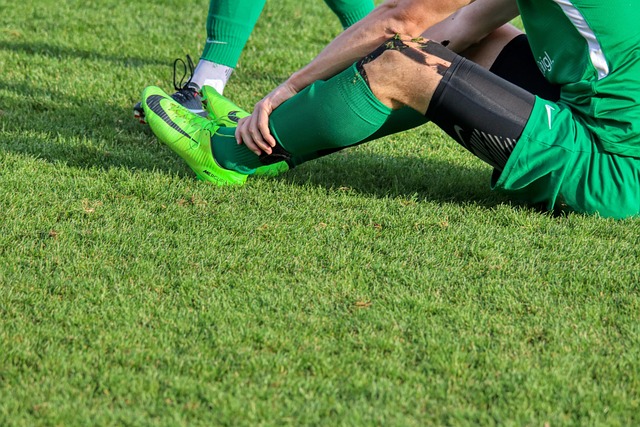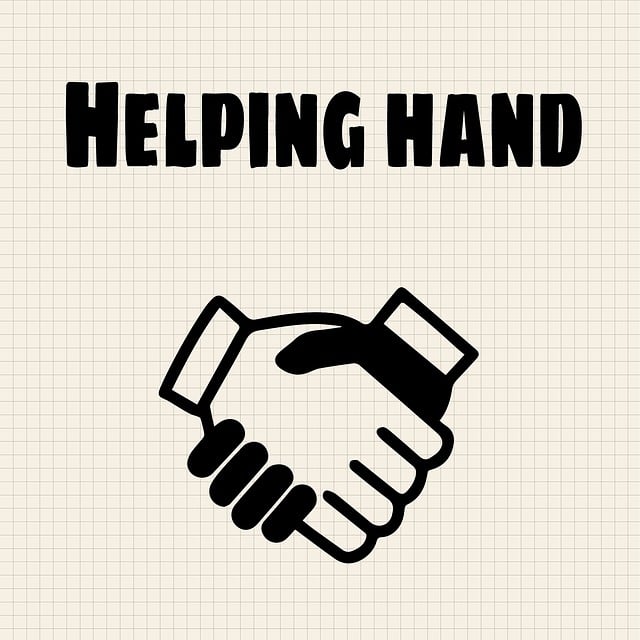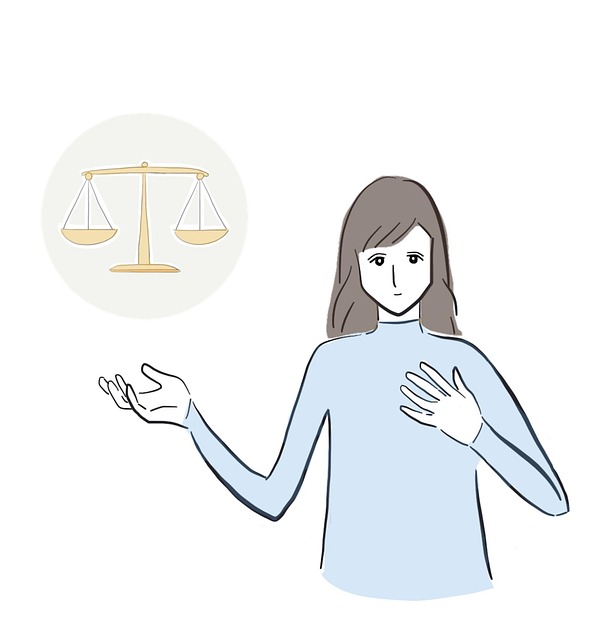When a life is lost due to negligence, understanding wrongful death beneficiaries is vital for seeking justice. Spouses, children, parents, or dependents defined by state laws have legal rights to pursue damages on behalf of the deceased's estate, distributing financial and emotional impacts among closest connections. To maximize benefits and ensure justice, beneficiaries should gather evidence, consult experienced attorneys specializing in wrongful death cases, especially with elder abuse expertise for complex scenarios, and be aware of available options like accident settlements or medical malpractice cases.
“When a loved one’s untimely demise is caused by another’s negligence, understanding the legal process for wrongful death beneficiaries becomes crucial. This article guides you through the complex landscape of seeking justice and compensation. From identifying eligible wrongful death beneficiaries to navigating the steps involved in filing a claim, we provide essential insights. Learn how to maximize benefits and what to expect during this challenging yet necessary journey after loss.”
- Understanding Wrongful Death Beneficiaries: Who are Entitled to Compensation?
- The Legal Process: Steps to Pursue a Wrongful Death Claim
- Maximizing Benefits: What Beneficiaries Should Know After Loss
Understanding Wrongful Death Beneficiaries: Who are Entitled to Compensation?

When a person’s life is tragically cut short due to someone else’s negligence or wrongful act, their family and loved ones often face an emotional and financial battle. In such situations, understanding the concept of wrongful death beneficiaries is crucial for seeking justice and compensation. Wrongful death beneficiaries refer to the individuals or entities who have the legal right to pursue damages on behalf of a deceased person’s estate after their untimely demise.
These beneficiaries typically include close relatives like spouses, children, parents, or even dependents, as defined by state laws. In some cases, certain types of relationships, such as those in domestic partnerships or through adoption, might also be recognized. The identification of wrongful death beneficiaries is a critical step, as it determines who can file personal injury claims or initiate legal proceedings related to contract disputes or commercial disputes arising from the deceased’s loss. This process ensures that the financial burden and emotional trauma associated with such losses are not borne solely by the immediate family but are shared among those most closely connected to the victim.
The Legal Process: Steps to Pursue a Wrongful Death Claim

When a death occurs due to someone else’s negligence or wrongful act, those left behind—the beneficiaries—may have legal recourse. The first step in pursuing a wrongful death claim is to understand the legal process and the rights of the beneficiaries. This typically involves several crucial steps.
First, it’s essential to gather evidence that supports the claim, such as medical records, witness statements, and any relevant documents. Next, beneficiaries should consult with an experienced attorney who specializes in wrongful death cases. The lawyer will help them navigate the legal system, file a lawsuit against the responsible party or parties, and fight for compensation on their behalf. In cases involving nursing home abuse or elder abuse, employment contracts, or other forms of negligence, the process demands meticulous attention to detail and a deep understanding of applicable laws.
Maximizing Benefits: What Beneficiaries Should Know After Loss

After a loss due to wrongful death, beneficiaries must be proactive to maximize their benefits and ensure justice is served. The first step is to understand the legal process and rights as a beneficiary. This involves gathering all relevant information, including medical records, police reports, and any evidence related to the incident that led to the death. Knowing the details of the case is crucial for navigating the legal system effectively.
Beneficiaries should also be aware of their options in seeking compensation, such as accident settlements in cases of negligence or medical malpractice. They can consult with experienced attorneys who specialize in wrongful death cases and have a deep understanding of elder abuse, if applicable. These professionals can guide them through the complexities of the legal process, ensuring they receive fair compensation for their loss.
After experiencing the profound loss of a loved one due to someone else’s negligence, understanding the legal process for wrongful death beneficiaries is crucial. This article has outlined who is entitled to compensation and the steps to pursue a claim. By following these guidelines and maximizing their knowledge about benefits available, victims’ families can navigate this difficult time with some clarity. Remember, seeking justice and support through the legal system is a vital step in healing and ensuring that the loss of a loved one results in meaningful change.






